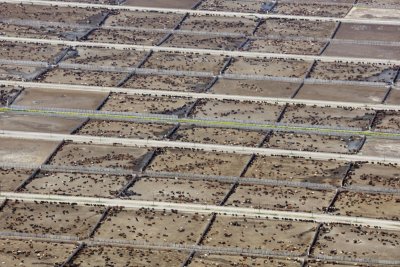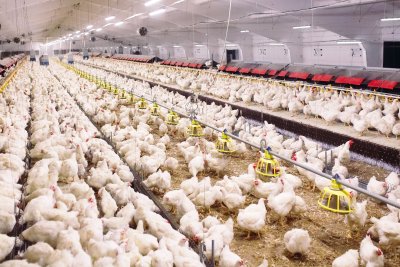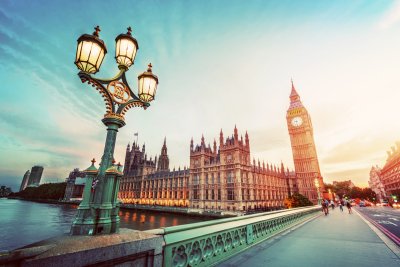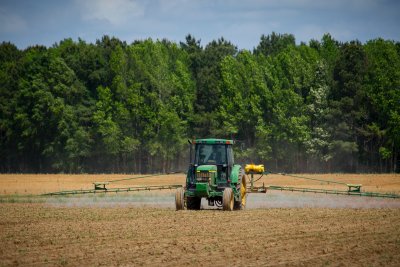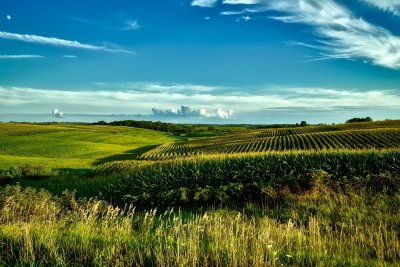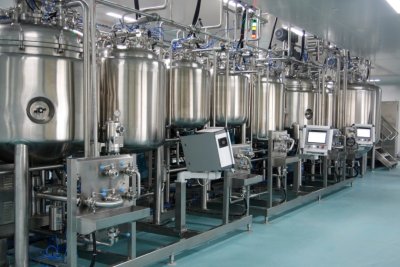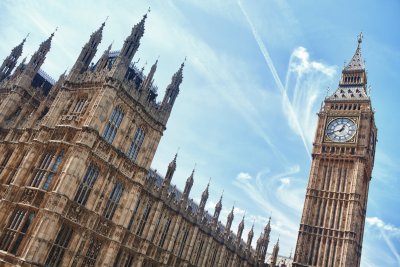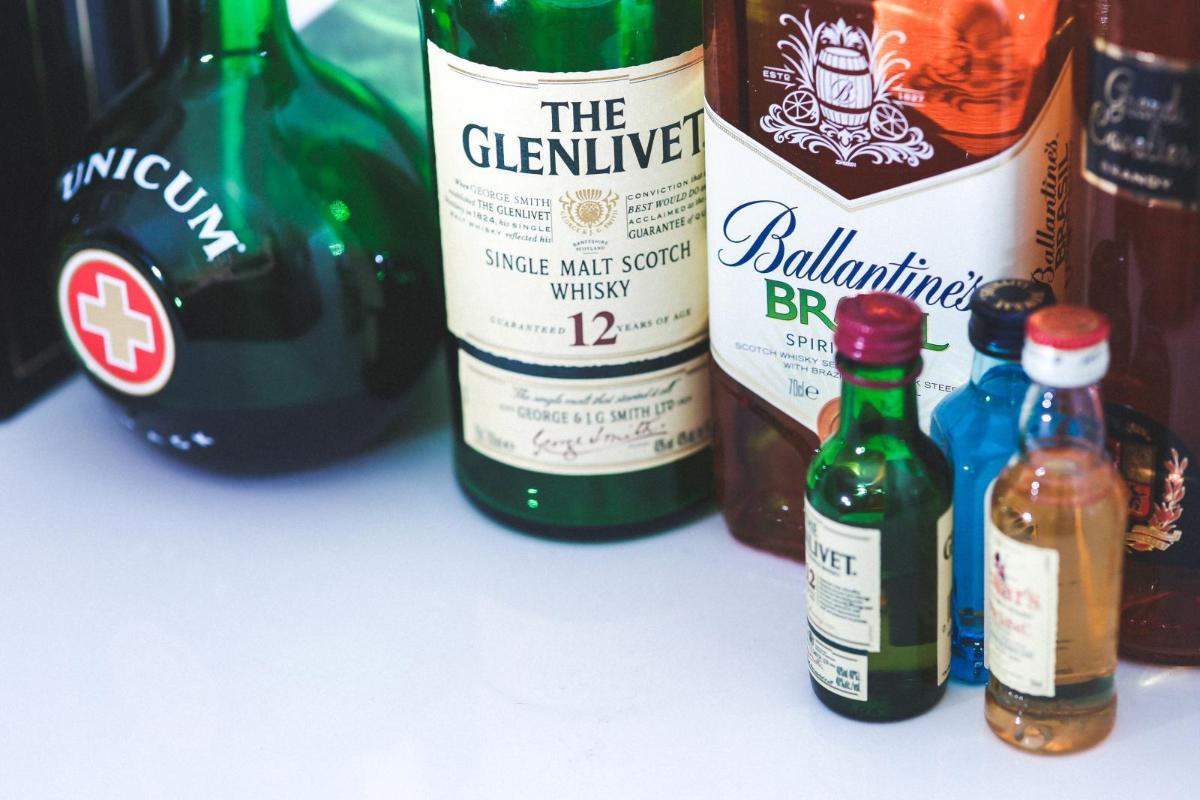 Credit: Kaboom Pexels
Credit: Kaboom Pexels
The major changes are:
1. New UK food business address may be required
2. Labelling UK products as ‘EU origin’ will no longer be accurate
3. UK products will need to remove any EU emblems
Furthermore, Defra has warned the producers of some of the UK’s favourite foods, like Stilton, Cornish Pasties and Cumberland sausages, that they are likely to need to apply to the EU to continue to enjoy special protected status for their names and marketing. This is the first time that the UK government has indicated that UK speciality producers will incur specific risks and costs from a no deal Brexit.
The EU's protected name scheme is worth about £5 billion per year to UK speciality food and drink producers, attracting higher prices and providing legal protection against copycat marketing. The government intends to replace the EU scheme with its own UK schemes, managed by Defra, using the same names but a different logo. They will maintain a register of UK protected products and process new applications. All UK products that already have protected status in the EU will automatically get the new UK status and remain protected in the UK. Defra has said it will publish guidance on how to apply to its new schemes in March 2019.
Speciality food producers will have three years from the launch of the new schemes to put the new logo on their packaging. Local authority trading standards bodies will be responsible for enforcement.
Gerry Danby Founder of Artisan Food Law said on social media: “This proposed scheme from Defra is a joke but the potential impact on producers with protected status is anything but. It has taken the EU scheme almost 30 years to gain real traction and credibility. The proposed replacement will be nowhere near as valuable as an EU Protected Food Name status.”
Kath Dalmeny, chief executive of Sustain agrees: “Every day the devastating impact of a no deal Brexit on our food and farming system becomes more apparent. Loss of protected names would be a blow to our rural economies and food heritage. Even more worryingly, we are likely to come under severe pressure to drop protected names and food standards in trade deals with bully-boy negotiators such as the US, keen to export cheap copycat products. The UK government must not let Brexit become an excuse for bad food standards.”
Good Food Trade Campaign: Campaigning for good trade that benefits people and the planet at home and overseas.
Sustain
The Green House
244-254 Cambridge Heath Road
London E2 9DA
020 3559 6777
sustain@sustainweb.org
Sustain advocates food and agriculture policies and practices that enhance the health and welfare of people and animals, improve the working and living environment, promote equity and enrich society and culture.
© Sustain 2024
Registered charity (no. 1018643)
Data privacy & cookies
